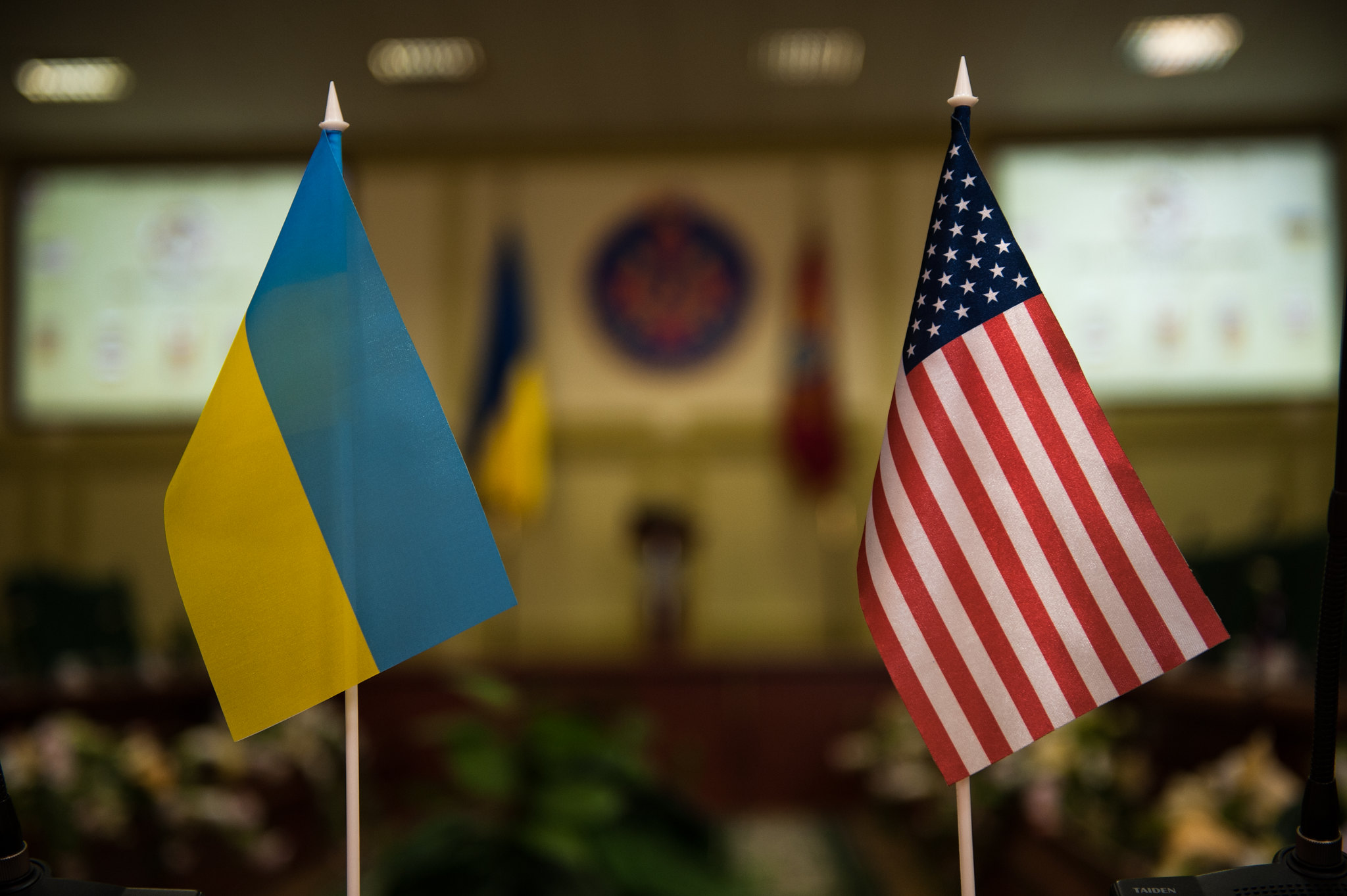White House Releases 48-hour War Powers Report on Yemen Strikes
On Jan. 12, President Joe Biden sent a letter to the speaker of the house “consistent with the War Powers Resolution” notifying Congress of the U.S. strikes—conducted alongside the U.K.—against Houthi militants in Yemeni territory on Jan. 11. Biden wrote that the attacks the Houthis have perpetrated in the Red Sea, the Bab al-Mandeb Strait, and the Gulf of Aden since November threaten “United States forces and commercial ships and their crews, regional political and economic stability, and navigational rights and freedoms.” The Jan. 11 attacks on the Houthis followed a large-scale Houthi attack on U.S. and U.K. ships on Jan. 9 and a United Nations Security Council resolution the next day demanding the cessation of Houthi violence.
Without a declaration of war or specific statutory authorization, the president is required under the War Powers Resolution to notify Congress within 48 hours of the introduction of U.S. forces into hostilities, the deployment of combat-equipped forces abroad, or when the president “substantially enlarge[s]” U.S. forces deployed abroad.
The “discrete strikes,” according to the letter, targeted “facilities in Yemen that facilitate Houthi militants’ attacks in the Red Sea region.” Biden described the purpose of the strikes as follows: “to protect and defend our personnel and assets, to degrade…the ability of the Houthi militants to carry out future attacks against the United States and against vessels operating in the Red Sea region, and to deter the Houthi militants from conducting or supporting further attacks that could further destabilize the region and threaten United States strategic interests.” Biden also noted that the strikes were conducted with the aim of minimizing escalation and avoiding civilian casualties.
The strikes, according to the president, were covered under his Article II constitutional authority. Biden also wrote that the military action was justified under international law; it was “necessary and proportionate” and taken in self-defense, as permitted under Article 51 of the UN Charter. And in language consistent with dozens of other War Powers Resolution letters issued since the Obama administration, Biden stated that the use of force against the Houthis was “in furtherance of United States national security and foreign policy interests."
You can read the letter here or below:
Dear Mr. Speaker: (Dear Madam President:)
Since at least November 2023, Yemen-based Houthi militants have engaged in a series of attacks against United States military forces, including ships and aircraft, and against maritime commercial shipping, operating in the Red Sea, the Bab al-Mandeb Strait, and the Gulf of Aden. These attacks pose a threat to the safety of United States forces and commercial ships and their crews, regional political and economic stability, and navigational rights and freedoms. On January 9, 2024, the Houthi militants perpetrated their largest attack in the Red Sea, with multiple unmanned aerial systems, anti-ship cruise missiles, and ballistic missiles targeting United States and United Kingdom Navy vessels. On January 10, 2024, the United Nations Security Council adopted a resolution demanding the Houthis immediately cease all attacks. The Houthi militants continue to pose a threat of future attacks against United States forces and military vessels and against other maritime traffic in the region.
On January 11, 2024, at my direction, United States forces as part of a multinational operation alongside the United Kingdom, with support from Australia, Bahrain, Canada, and the Netherlands, conducted discrete strikes against facilities in Yemen that facilitate Houthi militants’ attacks in the Red Sea region. These facilities include air and coastal surveillance radar sites, unmanned aerial system launch facilities and launch sites, and cruise and ballistic missile facilities and launch sites. The strikes were taken to deter and degrade Houthi capacity to conduct future attacks and were conducted in a manner designed to limit the risk of escalation and avoid civilian casualties. I directed the strikes in order to protect and defend our personnel and assets, to degrade and disrupt the ability of the Houthi militants to carry out future attacks against the United States and against vessels operating in the Red Sea region, and to deter the Houthi militants from conducting or supporting further attacks that could further destabilize the region and threaten United States strategic interests.
I directed this military action consistent with my responsibility to protect United States citizens both at home and abroad and in furtherance of United States national security and foreign policy interests, pursuant to my constitutional authority as Commander in Chief and Chief Executive and to conduct United States foreign relations. The United States took this necessary and proportionate action consistent with international law and in the exercise of the United States’ inherent right of self-defense as reflected in Article 51 of the United Nations Charter. The United States stands ready to take further action, as necessary and appropriate, to address further threats or attacks.
I am providing this report as part of my efforts to keep the Congress fully informed, consistent with the War Powers Resolution (Public Law 93-148). I appreciate the support of the Congress in this action.
Sincerely,
JOSEPH R. BIDEN JR.


.jpg?sfvrsn=407c2736_6)

